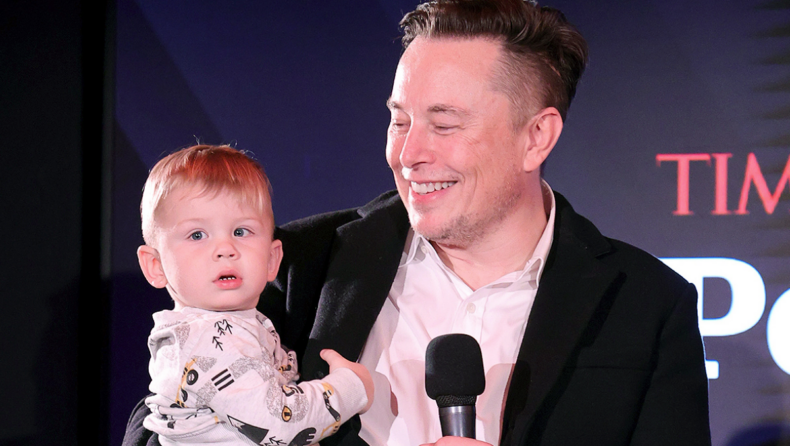Elon Musk, the father of seven children, expressed worry about why the lack of kids is such a real problem which can lead to the end of civilization.
Billionaire businessman, Elon Musk, went to Twitter on Sunday to discuss how the COVID-19 epidemic has resulted in a decreased birth rate in high-income nations, as compared to the projected “baby boom” owing to people being compelled to remain inside.
According to the Tesla CEO, not having children can become a problem.
He noted how not having children is a big issue and remarked, “Humanity did not evolve to grieve the unborn. However, we should.”
Many people, even intelligent ones, believe there are too many people on this planet and that population growth is out of control. It’s the exact opposite. Please look at the statistics – if people do not have more children, civilization will fall, remember my words, added Elon.
Musk also shared a Scientific American story called “The Pandemic Caused a Baby Bust, not a Boom.”
The Scientific American article cited Italian research by Bocconi University. It showed that 22 high-income nations showed “statistically substantial drops in birth rates in the last months of 2020 and the first months of 2021, compared to the same time in prior years” from 2016 to the beginning of 2021.
Twitter Reaction
After Musk’s post about the baby burst, people began reacting on Twitter.
One of his followers said that a rising population benefits the rich, but there are drawbacks to having a larger population.
Another Twitter user said that Musk is more affluent than most Americans.
Musk expressed his worries about the decreasing birth rate in an interview last month. “I’m quite concerned about the birth rate,” Musk stated. “That has been bothering me for many years because I don’t see it changing. Every year, things become worse. And I drive my buddies insane with this.” Musk continued, “I spent a lot of time talking about the birth rate issue.” “It’s possible that this is the single greatest danger to human civilization’s survival.”
A New Era in Economics
With an aging population and a labor shortfall, experts fear today’s baby bust could result in a stagnant economy with too few new employees to replace them. Higher government spending and a reduced workforce may result in a shortfall of pension and social security funds.
Musk fears a declining birth rate may spell the end of civilization. But taking the appropriate measures may not be as dangerous as Musk believes. American birth rates have fallen for six years as millennial women delay childbearing. In this manner, the US catches up to the rest of the globe.
It’s part of a trend in high- and middle-income nations where women have been delaying childbirth. The fact that the US is among them shows economic growth, according to Christine Percheski, associate professor of sociology at Northwestern University.
Women now have new options for satisfaction, including pursuing a career or traveling. “It’s about educating and employing women,” Percheski remarked. “It’s about individuality rising. It’s about women’s empowerment and changing values.”
After all course, macroeconomic considerations also have a role. The Great Recession’s residual impacts and rising living expenses have forced Millennials to postpone life milestones for a long time.
Percheski believes the government will need to undertake fundamental reforms, such as new regulations to handle population growth. America can change today to prevent changing it later, such as lowering childcare costs and increasing job flexibility.
“CEOs should recognize that job flexibility benefits workers with small children. Even if quality daycare is available, parents need the flexibility to cope with ill children, medical visits, and school activities,” Insider spoke with renowned economist Matthias Doepke, who studied the gendered consequences of the coronavirus epidemic.
“Corporations must bear some of the future labor force costs,” she told Insider. “This entails helping to pay for affordable care and establishing work rules that encourage equal pay and good work-life balance for women and men.”
Published by: Shivani Bhalke
Edited by: Subbuthai Padma













